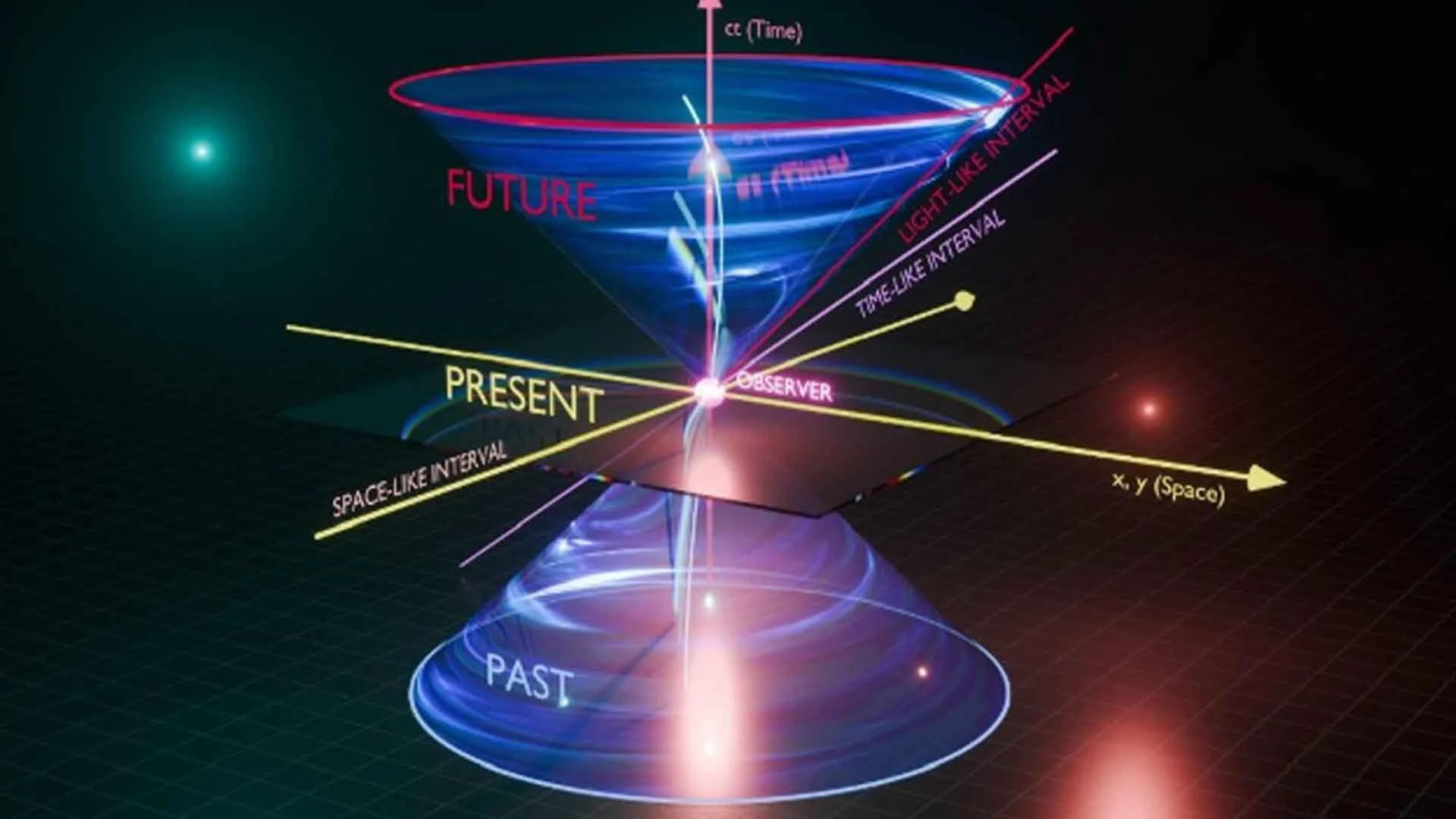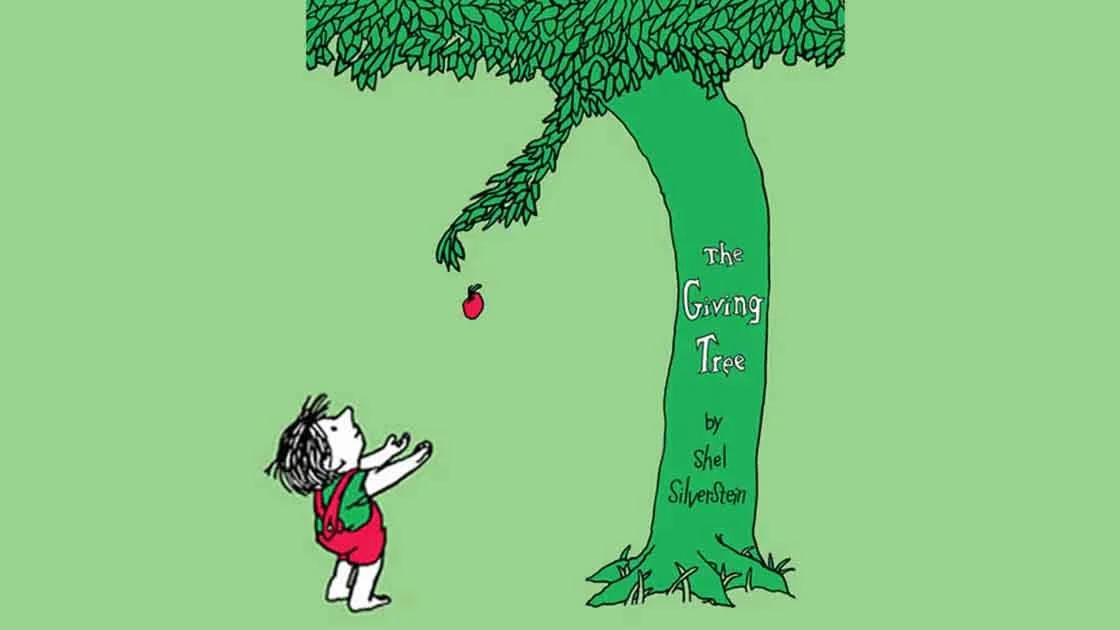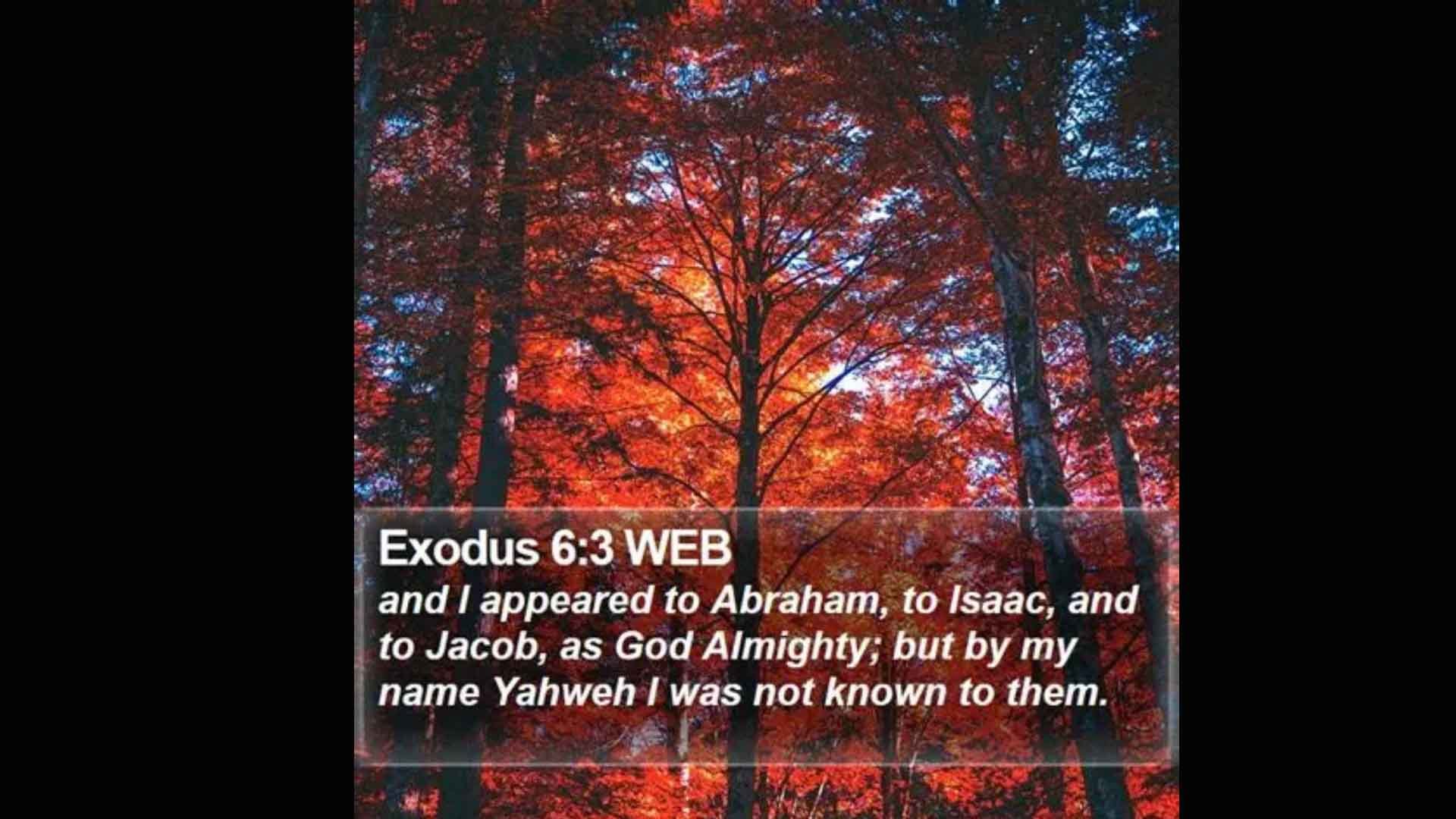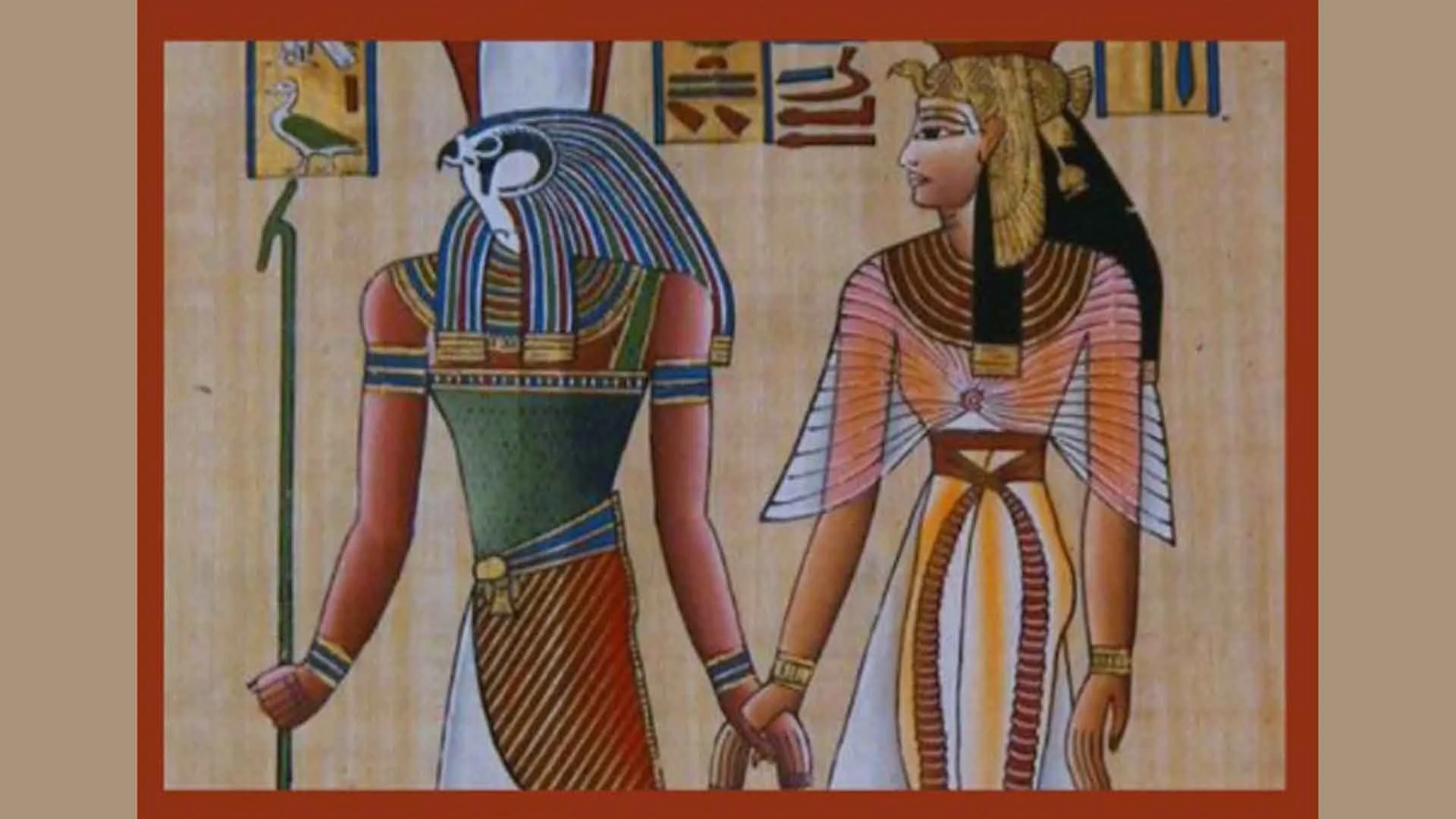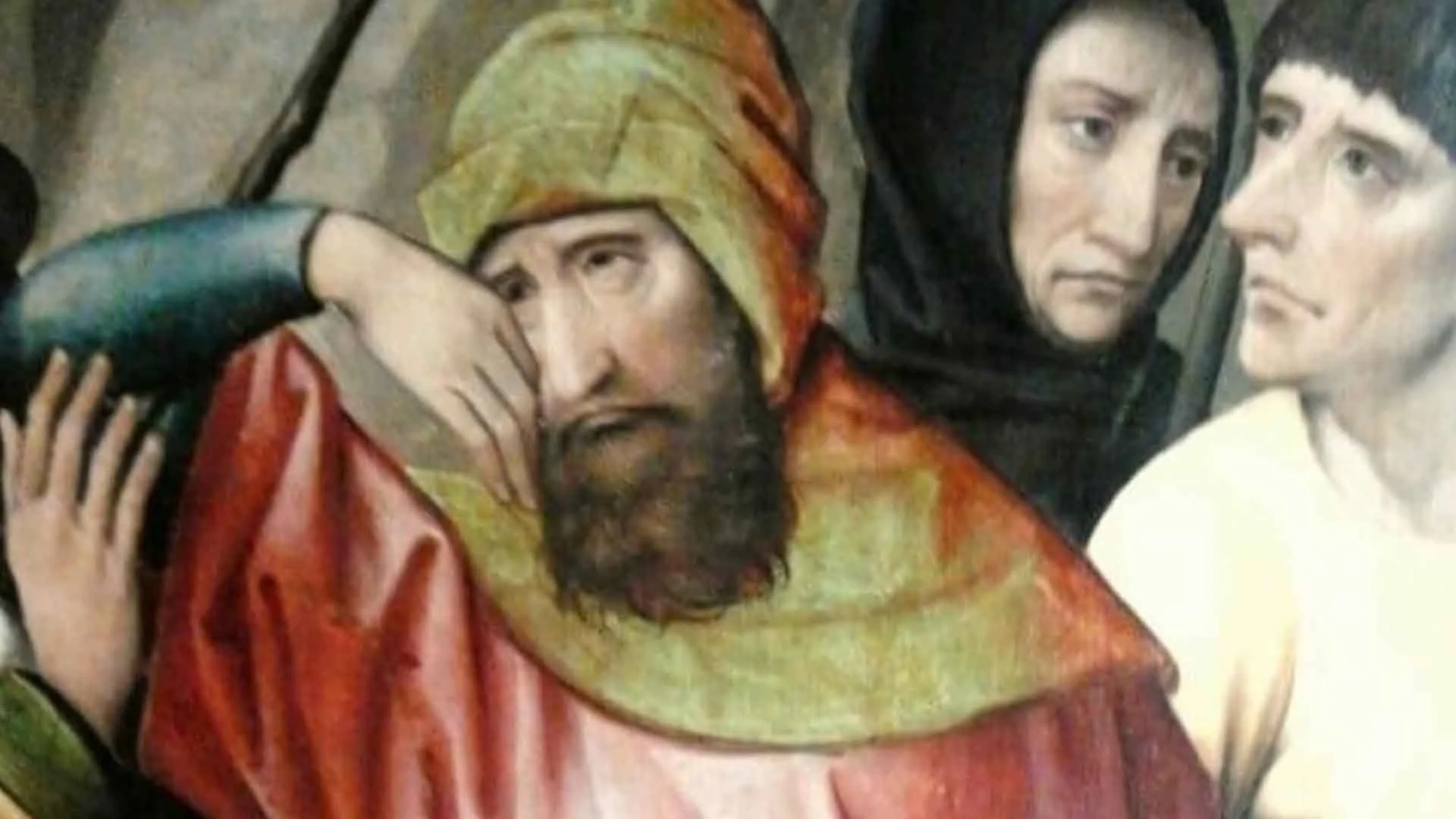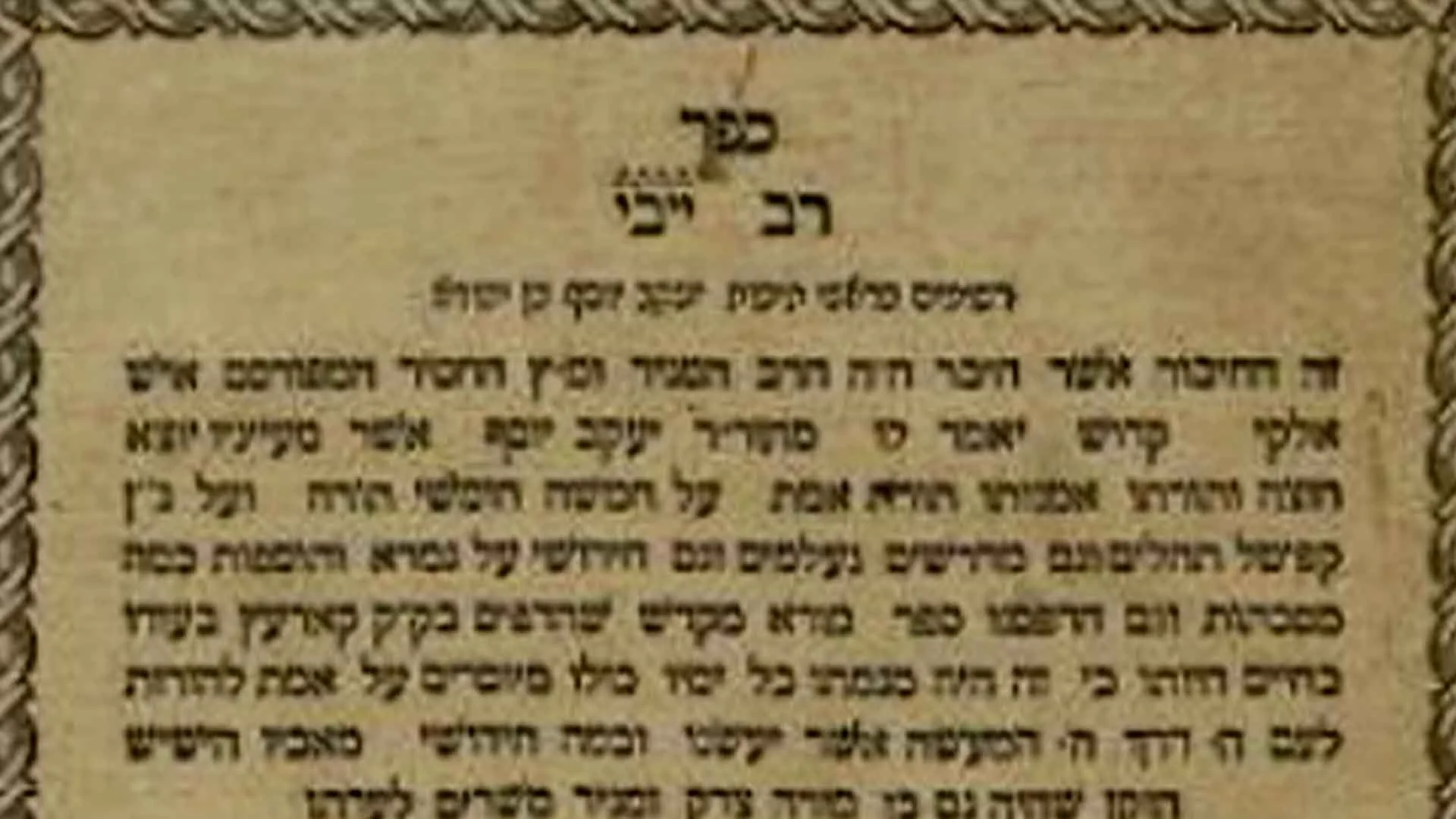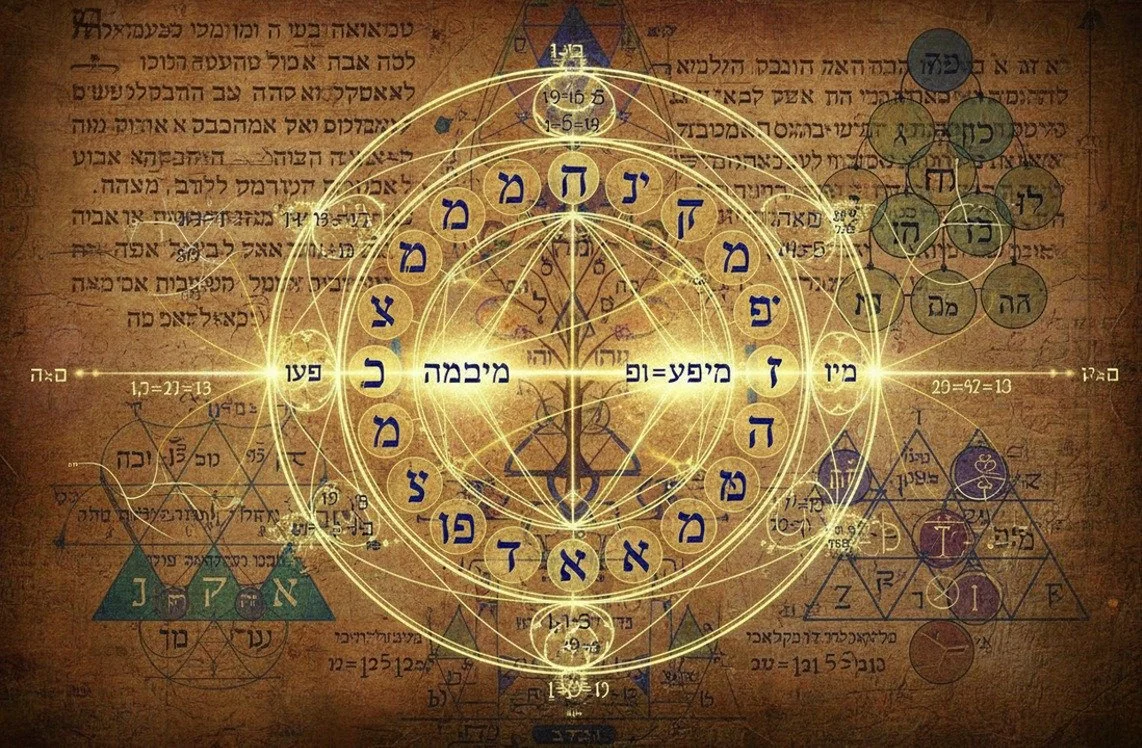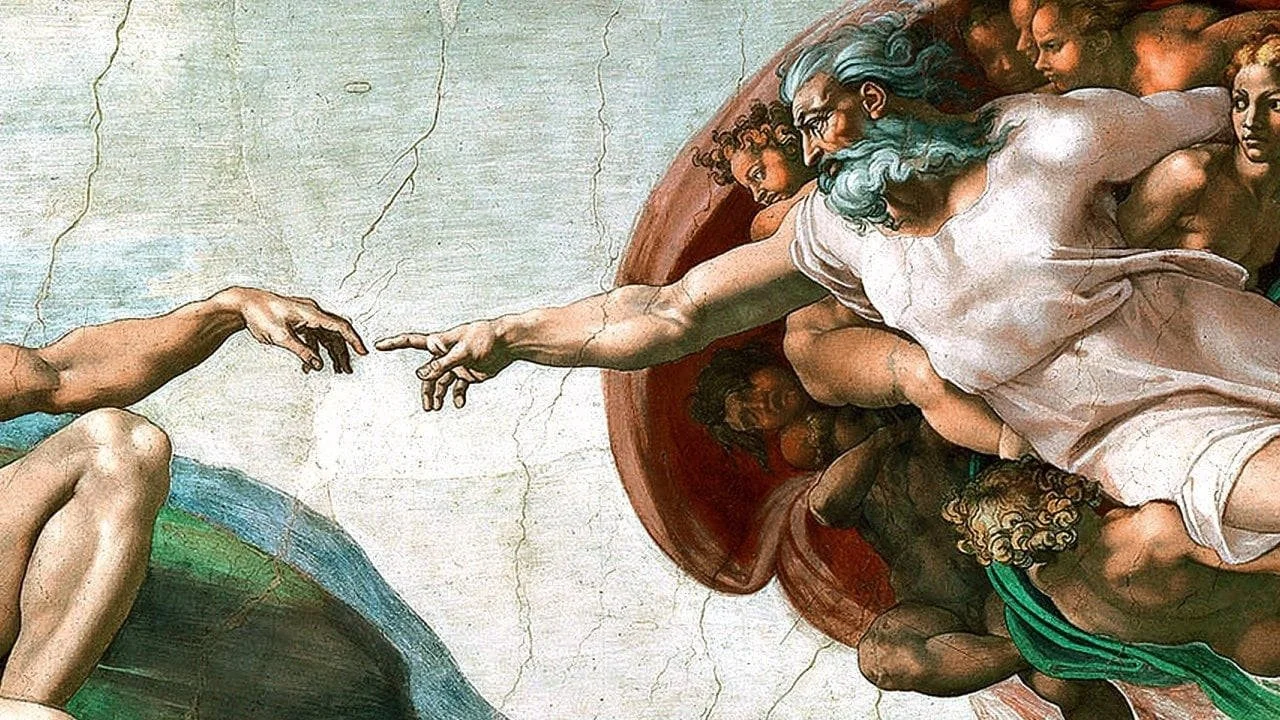Shabbat “Beyond Time” and the Physics of Time
This article examines the concept of Shabbat as “beyond time” (le-ma’alah min ha-zeman) through a sustained engagement with Zoharic Kabbalah and Hasidic thought, followed by a carefully delimited bridge to Richard Feynman’s physics of time. Beginning with the Zohar’s architecture of “two Shabbatot” and its association of the upper Shabbat with the sefirah of Binah, the analysis traces how Hasidic masters—including the Maggid of Mezritch, R. Menahem Nahum of Chernobyl (Meor Einayim), R. Shneur Zalman of Liadi, R. Levi Yitzchak of Berditchev, the Sefat Emet, and the Mei HaShiloach—transformed Zoharic metaphysics into a lived phenomenology of temporal transcendence. Drawing on the scholarship of Arthur Green, Elliot Wolfson, Michael Fishbane, Eitan Fishbane, Moshe Idel, and Rivka Schatz-Uffenheimer, the article reconstructs a coherent Hasidic theology of Shabbat-time. It then offers Feynman’s treatment of relativity and the path-integral formulation as analogical—not identical—resources for understanding why “one linear story” is not the deepest description of reality, either in physics or in the mystical apprehension of sacred time.

